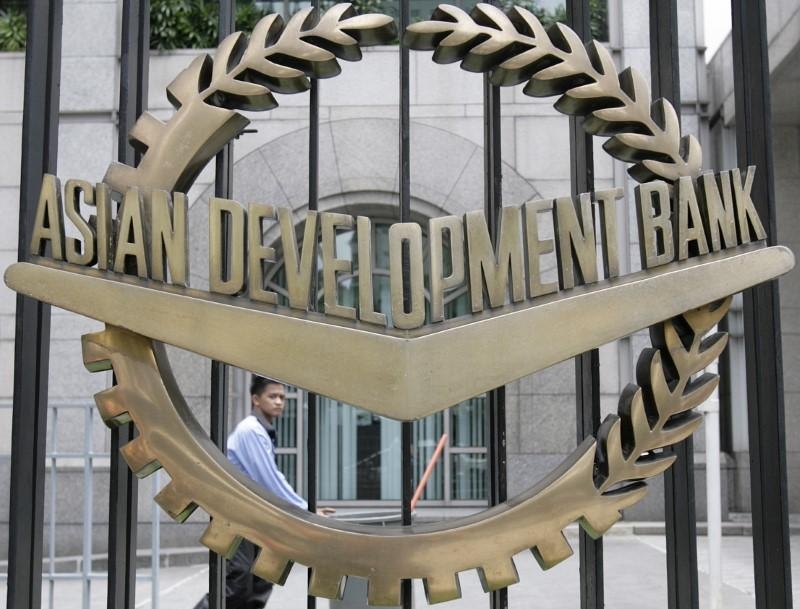The bank said that the program is part of a broader package of financial assistance anchored by the IMF’s Extended Fund Facility for the country…reports Asian Lite News
The Asian Development Bank (ADB) on Monday said it has approved a $350 million special policy-based loan to provide budget support to Sri Lanka for the stabilisation of its crisis-hit economy.
The bank said that the program is part of a broader package of financial assistance anchored by the International Monetary Fund’s Extended Fund Facility for the country, which aims to stabilise the economy and lay the foundation for economic recovery and sustained growth, reports Xinhua news agency.
The ADB said Sri Lanka is facing a severe and unprecedented economic crisis, and high inflation has eroded purchasing power, livelihoods have been affected, and past development gains have been reversed.
“The ADB is concerned about the deep crisis in the country and its impact on the people of Sri Lanka, especially the poor and the vulnerable, particularly women,” said ADB President Masatsugu Asakawa.
The lender is committed to standing with Sri Lanka as it addresses its present challenges and strides toward economic stabilization, sustainable recovery, and inclusive growth, said Asakawa.
Sri Lanka has embarked on bold reforms to address the causes of both internal and external imbalances and return to a sustainable debt trajectory, the ADB said.
The country faces a long road to recovery and must remain steadfast in the implementation of necessary reforms, which include enhancing tax revenue collection, strengthening public financial management, improving performance of state-owned enterprises, ensuring autonomy and independence of the central bank, safeguarding financial sector stability, and bolstering governance frameworks, the ADB said.
As these measures are implemented, it is essential to ensure that adequate social protection is provided and implementing governance reforms and anti-corruption measures will be critical, it added.
In 2022, in close coordination with development partners, the ADB repurposed $334 million of existing loans as emergency response to support the import of essential items such as fertilizers, medicines, chemicals for water treatment, working capital for small and medium-sized enterprises, and cash transfers to the poorest and the most vulnerable.

